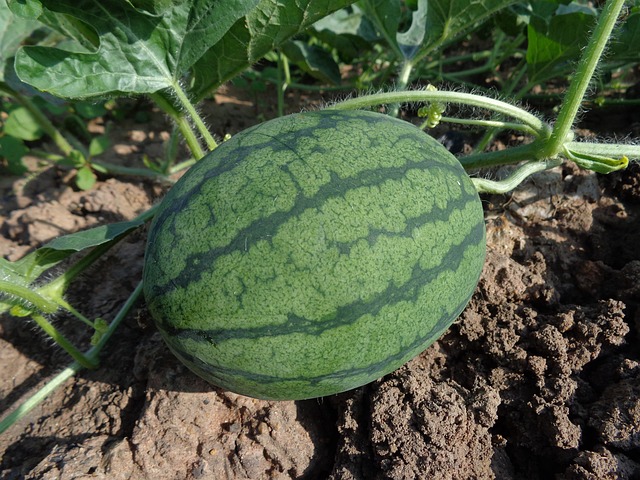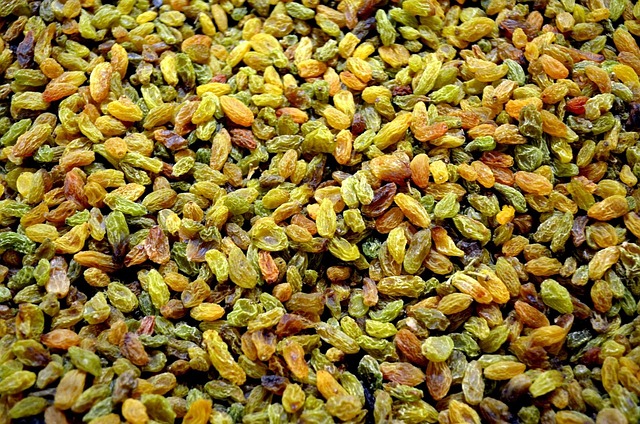Modern lifestyles often demand quick, convenient nutrition that still delivers real value. One of the simplest ways to meet that demand is to include dried fruit in your daily routine. These dehydrated treasures keep their natural sweetness, retain most of their vitamins, and pack a concentrated dose of nutrients into a small, portable package. By incorporating dried fruit into meals, snacks, or drinks, you can enjoy a versatile boost to your health and energy without sacrificing taste or convenience.
1. A Concentrated Energy Source
Unlike fresh fruit, dried fruit has a higher carbohydrate density because much of the water content is removed. This concentration means you get a quick source of glucose and fructose, which the body can readily convert into usable energy. A handful of raisins, dates, or apricots can provide the same energy punch as a larger portion of fresh fruit, making it ideal for athletes, busy professionals, or anyone needing a mid‑day pick‑up.
- Raisins: 1 ounce (≈30 g) offers 80 kcal and 21 g of carbohydrates.
- Dates: 1 ounce provides 85 kcal and 21 g of carbs, plus essential minerals.
- Apricots: 1 ounce supplies 60 kcal and 15 g of sugars.
2. Rich in Dietary Fiber
Fiber is critical for digestive health, blood sugar regulation, and satiety. Dried fruit retains most of the fiber found in fresh produce, often in a more concentrated form due to the removal of water. Regular fiber intake supports healthy bowel movements and can lower the risk of chronic diseases such as type 2 diabetes and cardiovascular disease.
“Fiber is the unsung hero of gut health, turning simple sugars into slow‑release energy for your body.” – Nutritionist Insights
- Prunes: 1 ounce yields 2 g of dietary fiber.
- Figs: 1 ounce contains 2 g of fiber and a modest amount of calcium.
- Blueberries (dried): 1 ounce supplies 3 g of fiber and antioxidant compounds.
3. Antioxidant Powerhouses
Antioxidants protect cells from oxidative damage caused by free radicals. The dehydration process can actually increase the concentration of certain antioxidants, such as vitamin C, flavonoids, and polyphenols. Consuming dried fruit regularly can help mitigate oxidative stress, a key factor in aging and chronic disease.
- Cherries (dried): high in anthocyanins, supporting heart health.
- Apple slices: contain quercetin, a potent anti‑inflammatory agent.
- Raspberries: rich in ellagitannins, beneficial for brain function.
4. A Natural Source of Minerals
Essential minerals such as potassium, magnesium, iron, and zinc are vital for muscle function, nerve signaling, and immune response. Dried fruit, especially dried figs, prunes, and raisins, are excellent portable sources of these nutrients.
“When you snack on dried apricots, you’re not just satisfying your sweet tooth; you’re also replenishing your body’s electrolytes.” – Endurance Coach
- Prunes: 1 ounce provides 80 mg of potassium.
- Raisins: 1 ounce delivers 32 mg of iron.
- Dates: 1 ounce offers 40 mg of magnesium.
5. Supports Weight Management
Despite being calorie‑dense, dried fruit can aid weight control when consumed in moderation. The high fiber content creates a feeling of fullness, while the natural sugars satisfy cravings without the need for processed sweeteners. A small portion can reduce overall caloric intake by preventing overeating.
- Control portion sizes: a typical serving is 1 oz or about a handful.
- Pair with protein or healthy fats to stretch satiety further.
- Choose unsweetened varieties to avoid added sugars.
6. Enhances Brain Function
Brain health benefits from antioxidants, minerals, and healthy fats. Dried fruit, especially blueberries and walnuts mixed together, offers a convenient snack that supports cognitive function and memory retention.
“The antioxidants in dried blueberries cross the blood‑brain barrier, protecting neuronal health.” – Cognitive Research Journal
- Dried blueberries: support memory consolidation.
- Apple slices: rich in pectin, which may lower inflammation.
- Mixed dried fruit nuts: combine omega‑3s with antioxidants.
7. Boosts Immune Resilience
Immune cells rely on vitamins and minerals to function optimally. Dried fruit is a convenient source of vitamin C, zinc, and vitamin A, all of which contribute to a stronger immune system.
- Apricots: high in vitamin A, promoting mucous membrane integrity.
- Dates: supply vitamin C and a range of B‑vitamins.
- Raisins: offer zinc, vital for cell signaling and growth.
8. Easy to Store and Transport
The low moisture content prevents spoilage, making dried fruit an ideal choice for long‑term storage. You can keep a small jar in your desk drawer, purse, or backpack without the need for refrigeration.
“A stash of dried fruit is like a pocket-sized pantry—always ready when hunger strikes.” – Travel Nutritionist
- Store in airtight containers to maintain freshness.
- Keep away from direct sunlight to preserve vitamins.
- Use small portions to avoid bulkiness.
9. Versatile in Culinary Applications
From breakfast cereals to savory salads, dried fruit can enhance flavor profiles across a variety of dishes. Adding a sprinkle of raisins to oatmeal, incorporating prunes into sauces, or tossing dried apricots into a quinoa salad provides natural sweetness without added refined sugar.
- Breakfast: mixed dried fruit in Greek yogurt or oatmeal.
- Salads: combine dried cranberries or figs with leafy greens.
- Baking: use dried fruit as a substitute for refined sugar in pastries.
10. Encourages Mindful Eating Habits
Choosing dried fruit over processed snacks fosters a more intentional approach to nutrition. The act of selecting a specific variety, checking labels for additives, and portioning out servings promotes mindfulness and awareness of what you consume.
“Mindful eating starts with the simplest choices, like picking a bag of unsweetened dried fruit.” – Wellness Coach
- Read ingredient lists: avoid added sugars or sulfites.
- Experiment with flavor pairings to discover new taste combinations.
- Keep track of portions to maintain balanced calorie intake.
In conclusion, dried fruit offers a multifaceted contribution to daily health and energy. Whether you’re looking for a quick snack that fuels workouts, a fiber boost to support digestion, or a convenient source of antioxidants and minerals, dried fruit fits effortlessly into any modern diet. By incorporating it thoughtfully—paying attention to portion size, variety, and ingredient quality—you can reap sustained benefits that enhance both your physical performance and overall well‑being. The next time you reach for a sweet treat, consider swapping out a candy bar for a handful of dried fruit and taste the difference in your vitality.




